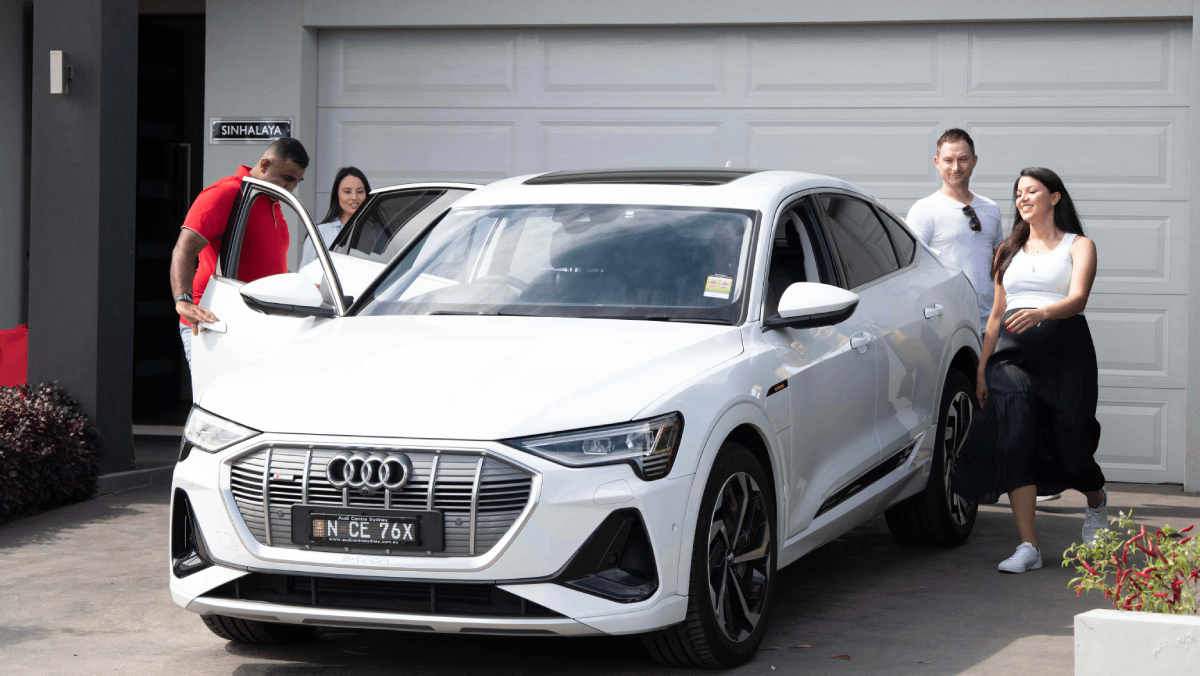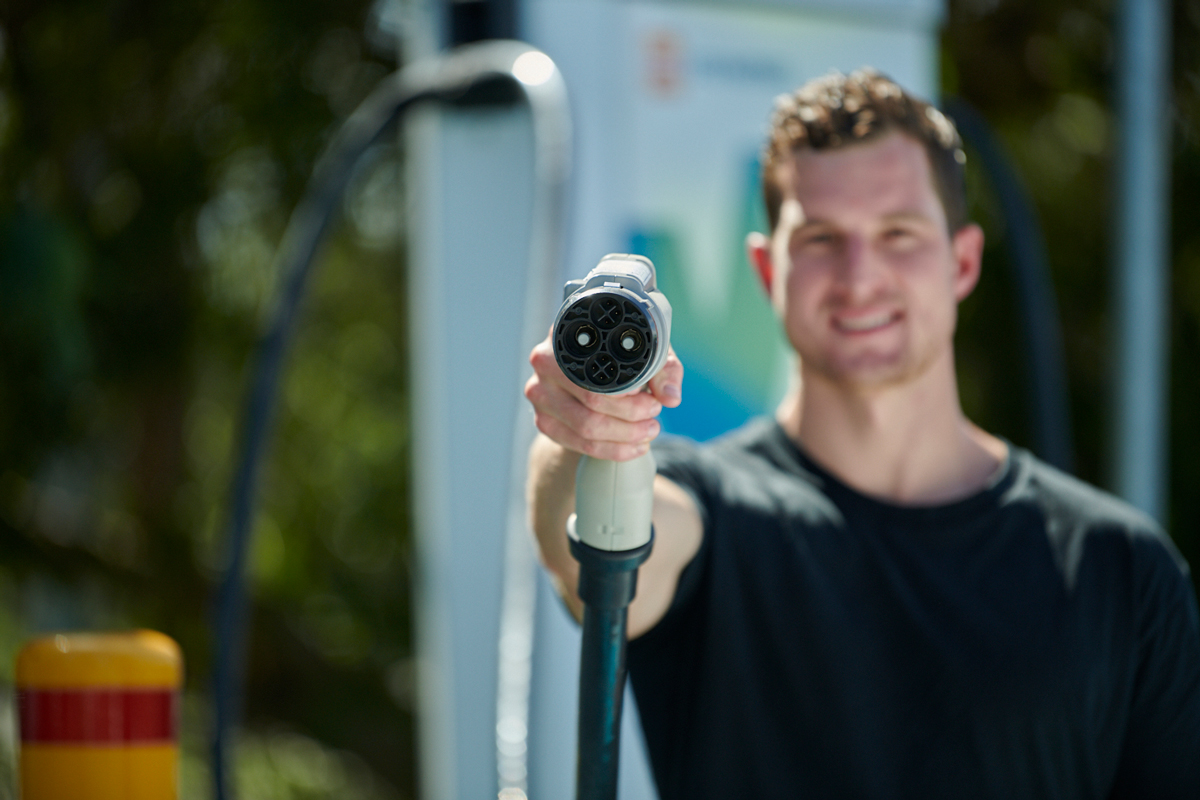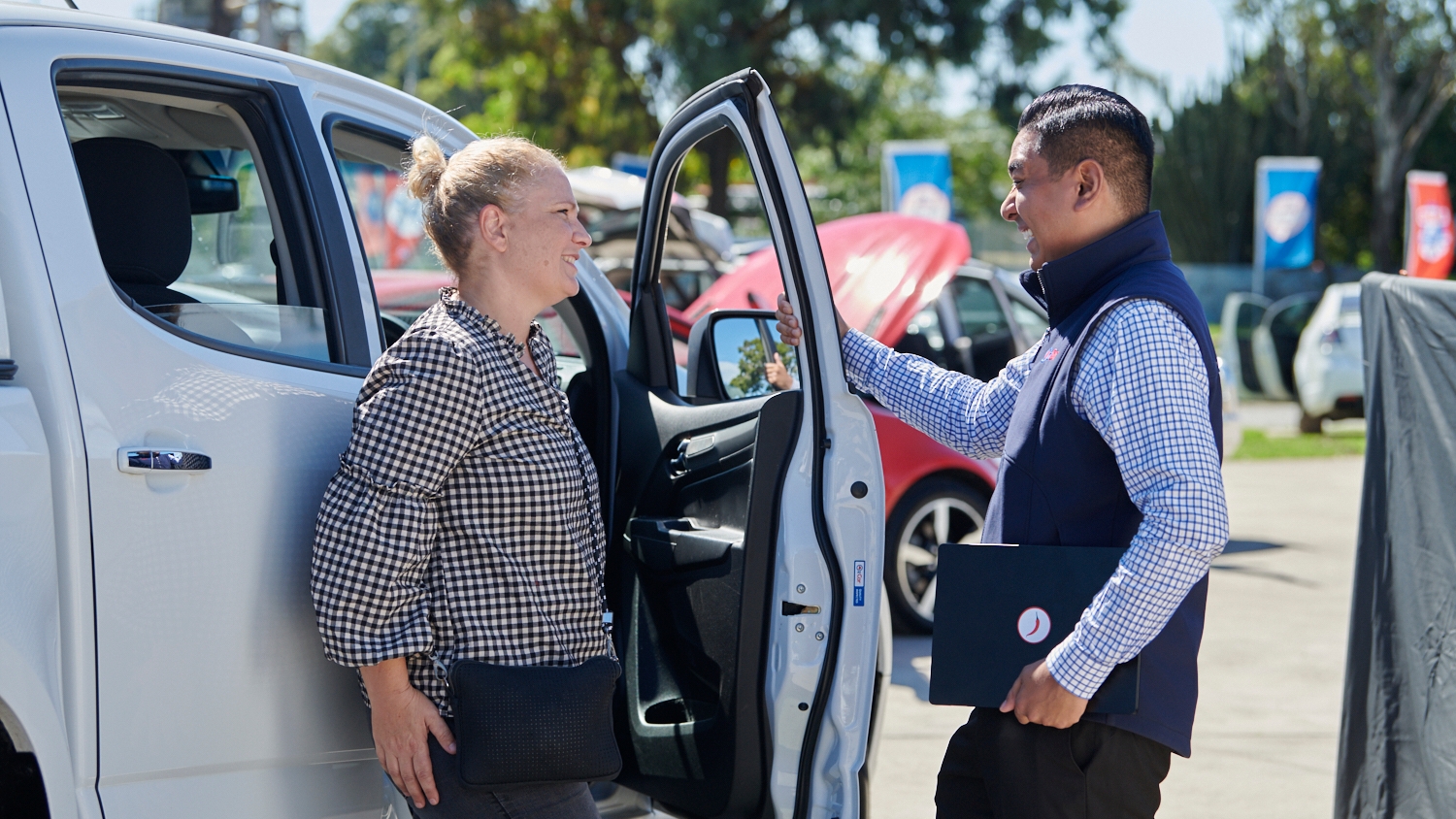Smart car buying guide: Making the right choice for you

Navigate this article
Buying a car is a big decision, and it’s not just about choosing the make and model. Whether you’re buying new or used, it’s important to understand the full cost of ownership and how different choices can affect your budget over time. This guide breaks down upfront and ongoing costs, compares new and used cars, and offers tips to help you buy with confidence.
Breaking down the costs
The price tag of a car is only part of the story – and it’s not where the costs end. Owning and running a car comes with ongoing expenses that can add up quickly. According to the Q1 2025 Transport Affordability Index by the Australian Automobile Association (AAA), the national average weekly transport cost for a household is around $444 - that’s more than $23,000 a year. This figure covers all transport costs for a typical household with two cars, not just one vehicle.
-
Stamp duty
-
This is a one-off payment when transferring ownership of a vehicle. It applies whether you’re buying new or used, from a dealer or private seller. Rates vary by state and are usually based on the car’s market value or purchase price (whichever is higher).
-
Transfer fees and registration
-
You’ll need to register the car in your name, which may involve a transfer fee and annual registration costs. These vary depending on your location, the type of car and its engine capacity. Electric vehicles may qualify for discounts in some areas.
-
Insurance
-
Compulsory Third Party (CTP) insurance is mandatory across Australia and covers personal injury. Most drivers also take out comprehensive insurance, which covers damage to your car and others. Costs depend on your driving history, location and how the car is stored.
-
Servicing and maintenance
-
Regular servicing keeps your car running smoothly and helps avoid costly repairs. New cars may come with capped-price servicing, while used cars can vary depending on age and condition.
-
Fuel and running costs
-
Fuel efficiency varies widely between vehicles. Consider how far you drive each week and factor in fuel prices, especially if you’re choosing between petrol, diesel or electric.
-
Depreciation
-
Cars lose value over time and new cars tend to depreciate faster. This can affect resale value and long-term affordability.
New vs used: what’s right for you?
Choosing between a new or used car depends on your budget, preferences and how you plan to use the vehicle. Here’s a closer look at the pros and cons of each:
Buying a new car
- Comes with a full manufacturer warranty (usually 3-5 years)
- Offers the latest features, tech and safety upgrades
- May include capped-price servicing
- Allows the buyer to choose colours, trims and optional extras
- Tends to have fewer mechanical issues early on
- Depreciates quickly in the first few years
Buying a used car
- Lower upfront cost
- Slower depreciation compared to new cars
- May still have warranty coverage if only a few years old
- Wide range of options available through dealers, private sellers or auctions
- Requires careful inspection and service history checks
- May not include the latest features or safety tech
Budgeting tips and tools when planning to buy a car
Before you commit, take time to plan your budget and understand what you can afford, not just now, but over the life of the car.
Ready to buy with confidence?
Sign up to our newsletter
If you like this article, you'll love our Really helpful newsletter.
Personal information is collected, used, stored and disclosed in accordance with Pepper's Privacy Policy. I understand I can unsubscribe at any time.
Information provided is factual information only and is not intended to imply any recommendation about any financial product(s) or constitute tax advice. If you require financial or tax advice you should consult a licensed financial or tax adviser.
All applications for credit are subject to credit assessment, eligibility criteria and lending limits. Terms, conditions, fees and charges apply.
Pepper Money Personal Loans is a brand of Pepper Money Limited. Credit is provided by Now Finance Group Pty Ltd, Australian Credit Licence Number 425142 as agent for NF Finco 2 Pty Limited ACN 164 213 030. Personal information for Pepper Money Personal Loans is collected, used and disclosed in accordance with Pepper’s Privacy Policy & the credit provider’s Privacy Policy.
Pepper Money Limited ABN 55 094 317 665; AFSL 286655; Australian Credit Licence 286655 (“Pepper”). All rights reserved. Pepper is the servicer of home loans provided by Pepper Finance Corporation Limited ABN 51 094 317 647. Pepper Asset Finance Pty Limited ACN 165 183 317 Australian Credit Licence 458899 is the credit provider for asset finance loans.
Pepper and the Pepper Money logo are registered trademarks of Pepper Group Assets (Australia) Pty Limited and are used under licence.




